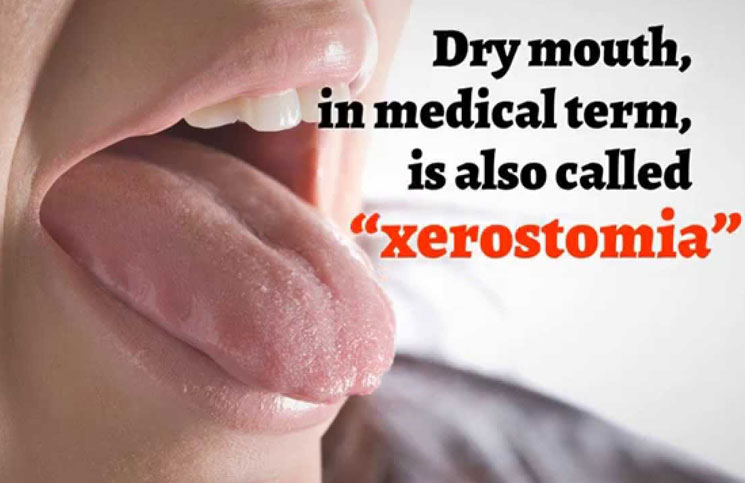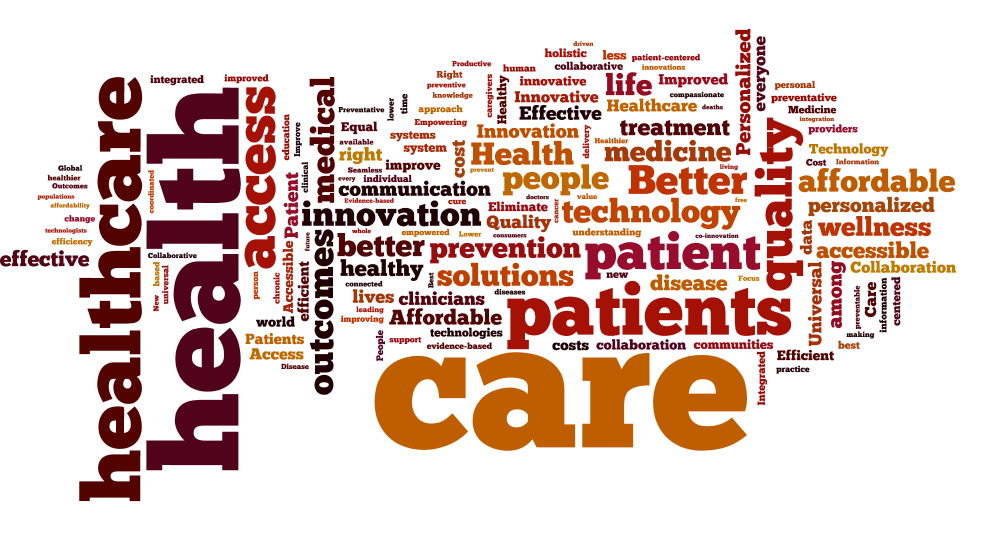
Dry mouth, also known medically as xerostomia, affects many Americans across the country. In order to figure out the best dry mouth treatment, you have to figure out what is causing your dry mouth. Many people have dry mouth sometimes, but there are ways to figure out if you have dry mouth that is a perpetual problem.
Symptoms of dry mouth
If you aren’t sure if you have dry mouth, you can see if you are experiencing any of these common symptoms. Symptoms of dry mouth typically include:
- Sticky, dry feeling in your mouth
- Frequent, unquenchable thirst
- Sores of split skin in the mouth
- Cracked lips
- Dry feeling in the throat
- Burning or tingling in the mouth and specifically the tongue
- A dry, red, and raw tongue
- Problems speaking and trouble tasting, chewing, and swallowing
- Hoarseness, dry nasal passages, and sore throat
- Bad breath
If you experience any of these symptoms, then you might have dry mouth.
Causes of dry mouth
- Side effect of some medications. There are over 500 medications that can cause dry mouth. Medications for anxiety, depressions, epilepsy, Parkinson’s disease, Alzheimer’s, nausea, obesity, acne, diarrhea, asthma, and chronic pain are known to have a side effect of dry mouth.
- Side effect of some diseases and infections. Medical conditions like HIV/AIDS, diabetes, anemia, cystic fibrosis, hypertension, and Parkinson’s disease are known to cause dry mouth.
- Side effect of medical treatments. Medical treatments like chemotherapy and radiation are known to cause dry mouth.
- Nerve damage. Injury to the head or neck resulting in nerve damage can cause dry mouth.
- Fever, sweating excessively, vomiting, diarrhea, blood loss, and burns can cause dehydration which then leads to dry mouth.
- Surgical removal of the salivary glands.
- Some lifestyle choices like smoking or chewing tobacco can negatively affect your saliva production and cause dry mouth. If you breathe with your mouth open, that can also lead to dry mouth.
If you have dry mouth, there are a few ways you can treat it. Dry mouth treatment includes:
- Chew sugar free gum and suck on sugar free candies or lozenges. This stimulates that salivary gland and promotes increased saliva production.
- Avoid caffeine. Caffeine can make your mouth drier and acts as a laxative which dries you out.
- Don’t use mouthwashes that contain alcohol or peroxide. These can dry you out, so instead reach for a mouthwash that has fluoride.
- Avoid tobacco. Smoking and chewing tobacco can dry out your mouth.
- Stay hydrated. Regularly drinking water and avoiding beverages with sugar or acids can help with dry mouth.
- Try saliva substitutes. There are artificial saliva products, as well as oral sprays and rinses that can help with dry mouth.
- Avoid using antihistamines and decongestants. These can make your symptoms worse.
- Breathe through your nose instead of your mouth.
- Sleep with a humidifier which adds moisture back into the air, helping with dry mouth and mouth breathing.
Preventing dry mouth
There are also ways to avoid dry mouth.
- Avoid sugary and acidic foods which lead to tooth decay and dry mouth.
- Brush your teeth twice daily and before bed with a fluoride toothpaste, especially after meals.
- Floss daily.
- Visit your dentist at least twice a year for a cleaning and to improve your oral health.

